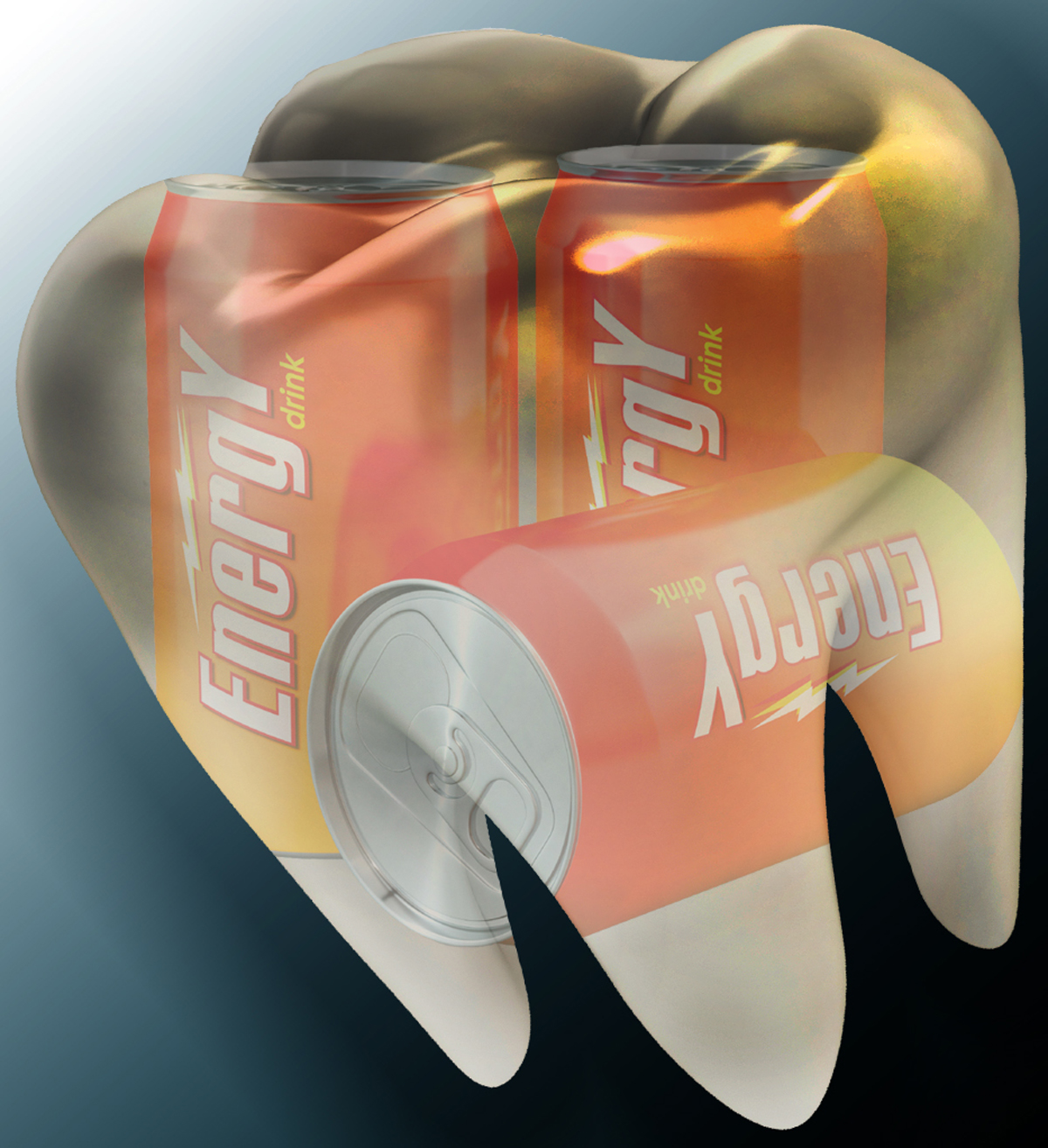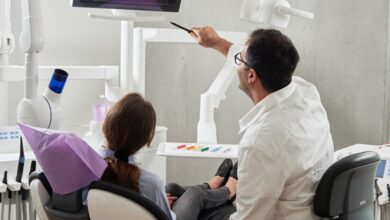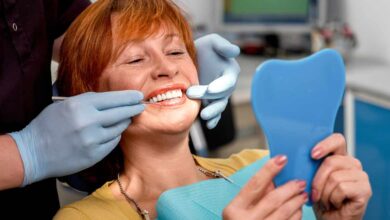Sports Drinks Are Bad for Your Teeth
Sports Drinks Are Bad for Your Teeth and with the City to Surf looming in Sydneysider’s calendars it is a good time to discuss the use of sports drinks and oral health.
Athletes who actively train and compete for extended periods lose water and electrolytes when they sweat and expend energy. Ideally anyone exerting themselves continually for 90 minutes or longer can aid their rehydration and endurance by consuming an appropriate sports drink. The key word here is appropriate. An appropriate sports drink can replenish these with a precise balance of water (for fluid recovery), carbohydrates (sugars to replenish glycogen – read energy – stores) and electrolytes (to speed rehydration).
Bad news for us is that the majority of drink brands that have latched onto the sports drink marketing bandwagon deliver far more sugar and acid than your body and teeth need.
A stated purpose of sports drinks is to improve your sporting performance and endurance, when in fact many counteract the exercise you have undertaken. In an analysis by Matthew Thompson and colleagues from the Oxford Centre for Evidence Based Medicine, of 431 marketing claims of performance enhancement, most cited no evidence. Do these claims sound familiar:
- “Provides the energy athletes need to start out strong”
- “Elevate your performance”
- “Drink it before exercise for an instant energy boost”
Some brands specifically target kids, but young athletes don’t really need these drinks. They are bad for their teeth and some experts believe they are contributing to the growing problem of childhood obesity.
The sugar in most sports drinks will cause tooth decay and the acid content will dissolve your natural teeth. No win here. Every time you have a sip you start a new 20 minute acid attack on your teeth’s enamel. Even when you reach for the sugar-free and ‘zero’ variety you are still consuming high levels of acid that attack your teeth’s protective coating. One sports drink has the tag line “Zero sugar, zero excuses” and its not surprising they didn’t add ‘zero enamel’ as a selling point.
The Effects of Sports Drinks on Human Teeth Enamel

Published last year in the Journal of General Dentistry, a study examined the acidity levels of 13 sports drinks and nine energy drinks. Researchers tested the effects of the drinks on human teeth enamel after 15-minute intervals four times a day.
After the fifth day of testing researchers found damage to the enamel in both the sports and energy drinks test subjects. Energy drinks cause the tooth’s enamel to lose an average of 3.1 per cent of its weight, while sports drinks had an average enamel loss of 1.5 per cent.
As to be expected acidity levels differed between brands and flavours, but researchers pinpointed Gatorade Blue as the worst offender. Gatorade Blue has the highest titratable acidity level (this measures how many ions affect the tooth’s surface).
As for energy drinks and acid levels: Red Bull Sugar Free; Monster Assault; 5-Hour Energy; Von Dutch; and Rockstar were identified as among the worst drinks for your teeth. The brand MDX had the lowest titratable acidity level, making it slightly more palatable from an oral health perspective.
The study found that all of the sports and energy drinks tested had pH levels lower than 5.5, the acidity level when teeth enamel starts deteriorating. The lower the pH level, the higher the acidity, which means teenagers (and anyone else) regularly chugging Gatorade and other similar style sports drinks may be eroding their teeth without even knowing it.
In the case of the marathon runners and anyone who is committed to exercising for more than 90 minutes at a stretch, sports drinks and gel packs that have low sugar and low acid can be a necessary part of your exercise regime. For those of us whose exercise program consists of a lunchtime gym session, morning run, post-work crossfit session, steer clear of blue/red/green/orange sports drinks – water is the best drink to rehydrate your body and protect your teeth.
Read: Why You Shouldn’t Give Kids Sugar
How to Minimise the Damage Sports Drinks do to Your Teeth
So now you are aware that sports drinks aren’t so sporty; can reduce any benefit you may be getting from exercise; and are eroding your teeth BUT you still can’t give them up (sigh from the dentist!), read on and learn how to minimise the damage to your teeth:
- Obvious one – cut down the amount of sports drinks you consume or replace them with water. High sugar drinks also cause diabetes and obesity so really it’s a no brainer, although it might be hard to convince the teenagers.
- If you do continue to drink sports drinks, use a straw to minimise contact with your teeth.
- Don’t sip on these drinks as that will continuously feed the bacteria that cause tooth decay and each sip will stimulate a new acid attack. The frequency is more damaging than the total amount.
- Don’t brush your teeth immediately after consuming these drinks as that will cause further damage to the already dissolving enamel. You need to wait at least 20 minutes after your last sports drink before you clean your teeth.
- Don’t go to bed immediately after consuming a sports drink as your salivary flow will decrease. Saliva is your body’s natural defence mechanism against acid and sugar.
- After you have finished a sports drink rinse out your mouth with water to get rid of the sugar and acid content.
In short, sports drinks are popular due to the very sophisticated marketing of these products. There are very few sports that require you to increase your sugar levels as a result of you having depleted your reserves of glucose, e.g. marathon running! Do yourself a favour and trade the sports drinks for water, your teeth (wallet and your dentist) will thank you.



![36725534_illustration [Converted]](https://www.qualitydental.com.au/wp-content/uploads/2022/08/Quality-Dental-Sydney-46-teeth-whitening-390x220.jpg)